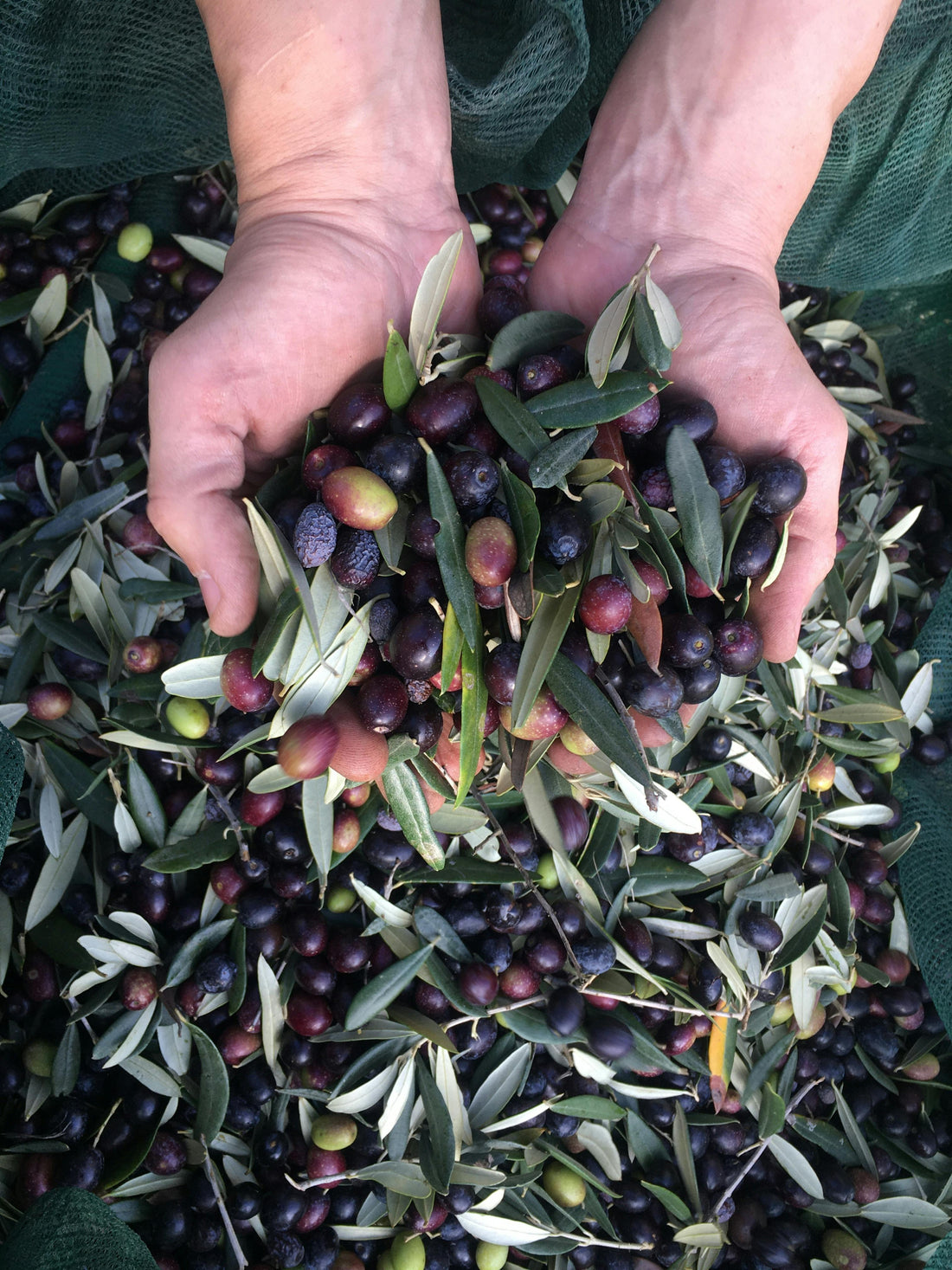
A Sense of Soap: Behind the Label of 'Natural' Soap
Share
The word "natural" is everywhere—but what does it really mean in natural soap? While some soaps stay true to nature, others use terms like "plant-based" or "nature-inspired" without clear definitions. The truth is, even within the world of natural soap, there’s an ongoing conversation about what works best—for skin, for effectiveness, and for the planet.
In Malaysia, cosmetic products—including soaps—are regulated by the National Pharmaceutical Regulatory Agency (NPRA). While there is no strict legal definition for the term "natural," any claims made on labels must be truthful and not misleading. This means that products labeled as "natural" should be made primarily from naturally derived ingredients, such as plant-based oils or essential oils.
Balancing Ingredients with Impact (Natural vs Artificial)
As a small batch soap maker, we carefully choose every ingredient, weighing its cleansing power, gentleness on skin, and environmental footprint. Plant-based oils and butters provide nourishment, while certain additives help with lather, longevity, or fragrance. But not all ingredients are created equal.
Take Sodium Lauryl Sulfate (SLS)—once prized for its foaming properties, now often avoided for its potential to strip natural oils and disrupt the skin barrier. While some cleansers turn to milder synthetic alternatives, at Earthoskin, we take a different approach: our Castile soaps are made the traditional way, using plant oils that cleanse gently without harsh surfactants. It means less dryness, more comfort, and a soap that supports your skin — not works against it. It’s all about balance.
Fragrance plays a role, too. While synthetic scents offer consistency, they can also contain additives that may not sit well with sensitive skin—or the environment. Essential oils, on the other hand, bring natural complexity but require mindful sourcing to remain sustainable. (Read more about fragrances)
The Role of Oils in Natural Soap
When it comes to natural alternatives, olive oil based soap has been a favorite for centuries. Its rich, moisturizing lather gently cleanses without over-drying, making it a go-to as an everyday essential and sensitive skin. Coconut oil, by contrast, creates a bubblier foam and offers deeper cleansing power. Both have their place—it all depends on what your skin needs.
Ingredients to Be Aware Of
For those looking to make more informed choices, here are some commonly debated ingredients in soap. Whether you choose a classic Castile soap, an olive oil based soap, or something else entirely, understanding these ingredients can help you find the best fit for, especially for sensitive skin.
|
Ingredient |
Effect on Skin |
Environmental Impact |
|
SLS & Synthetic Detergents |
Can strip natural oils, causing dryness & irritation |
Can linger in waterways, affecting aquatic life |
|
Artificial Fragrances |
May trigger allergies or sensitivities |
Often petroleum-based, with long-lasting residues |
|
Parabens |
Linked to hormone imbalance |
Found in water systems, impacting ecosystems |
|
Triclosan |
Can disrupt skin’s natural microbiome |
Considered harmful to marine life |
|
Synthetic Dyes |
May contain heavy metals, absorbed by skin |
Non-biodegradable, contributes to pollution |
|
Phthalates |
Potential endocrine disruptors |
Persistent in the environment, affecting wildlife |
More Than Just Labels—It’s About Choice
There’s no perfect formula—only the best fit for your skin, your values, and your daily rituals. Some prefer fragrance-free, ultra-gentle bars or natural soaps. Others look for a balance of rich lather, light scent, and skin-loving oils.
At Earthoskin, we believe that mindful choices matter. That’s why we take a thoughtful approach, considering both effectiveness and sustainability in everything we make.
While we aim to keep our ingredients gentle and purposeful across the board, only our Castile Soaps and Gentle Hand Wash are considered natural by formulation. Stay tuned to find out more about why our hair care and lotions aren't considered so!
We believe in being transparent about that—because the best choices aren’t just about labels, but about knowing what works for you.
